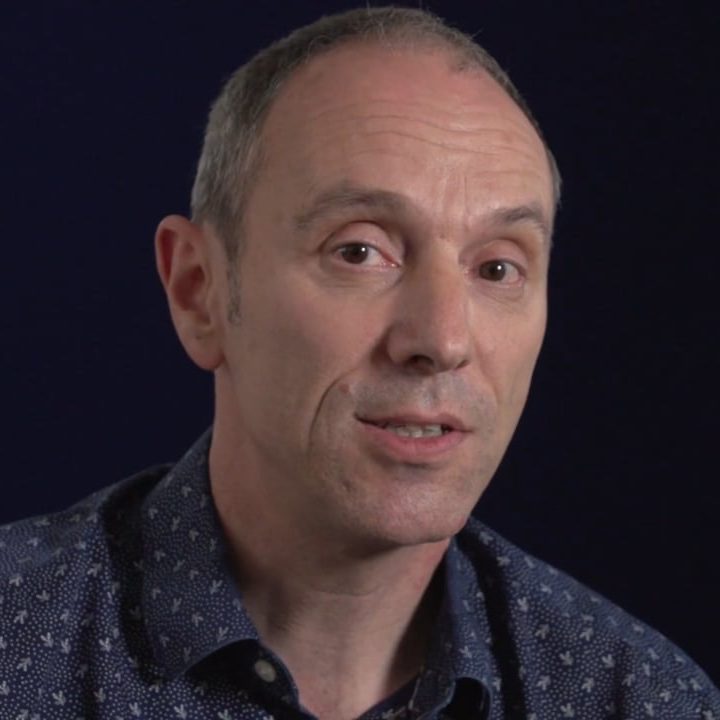Dr. Fruittger studies retinal Müller glia, retinal blood vessels, and the interaction of the two. He is also actively involved in defining and the area of the retina affected by MacTel, often referred to as the “MacTel zone.” He and his group do this by examining histological sections of eyes donated by MacTel patients. As a corollary, Dr. Fruttiger’s group also examines the MacTel zone of healthy donor eyes, looking for biochemical characteristics unique to that area.
In all of the MacTel patient samples that Dr. Fruttiger has examined, there is a loss of Müller cells in a well-defined, oval area around the fovea. This loss of Müller cells correlates well with the region of the retina that, in MacTel patients, frequently displays macular pigment loss. Both Müller cell loss and macular pigment loss are specific to the MacTel zone.
The MacTel zone stays constant in size and shape once the disease is established, and is similar between patients. This suggests that the MacTel zone has specific biochemical or metabolic properties that are linked to the disease. To try to understand what those may be, the Fruttiger Laboratory is characterizing the MacTel zone of healthy retinas, down to the cellular level, looking for differences between the MacTel zone and the retinal periphery. This is being accomplished with transcriptional profiling, in situ hybridization, and immunohistochemistry.

